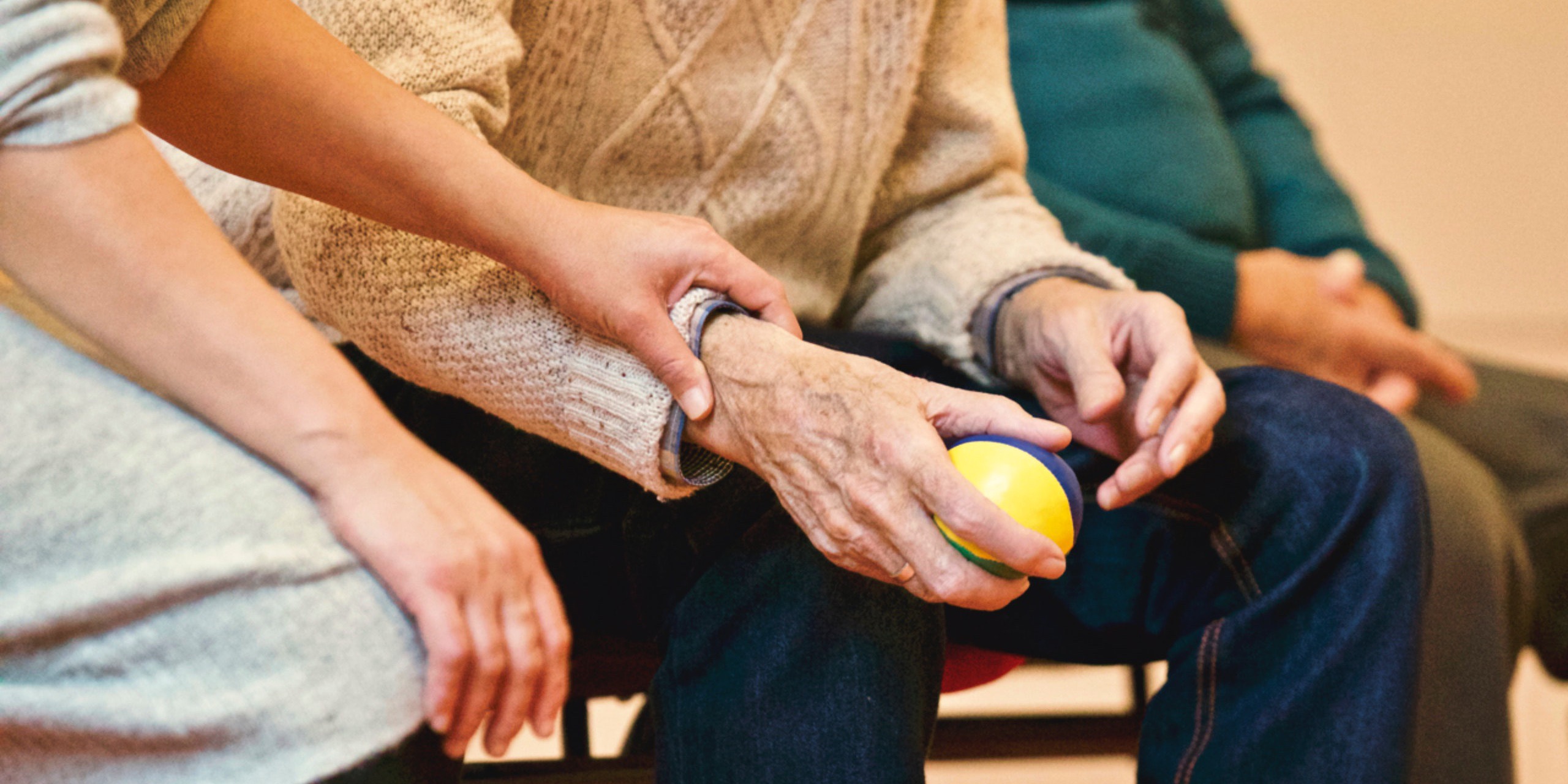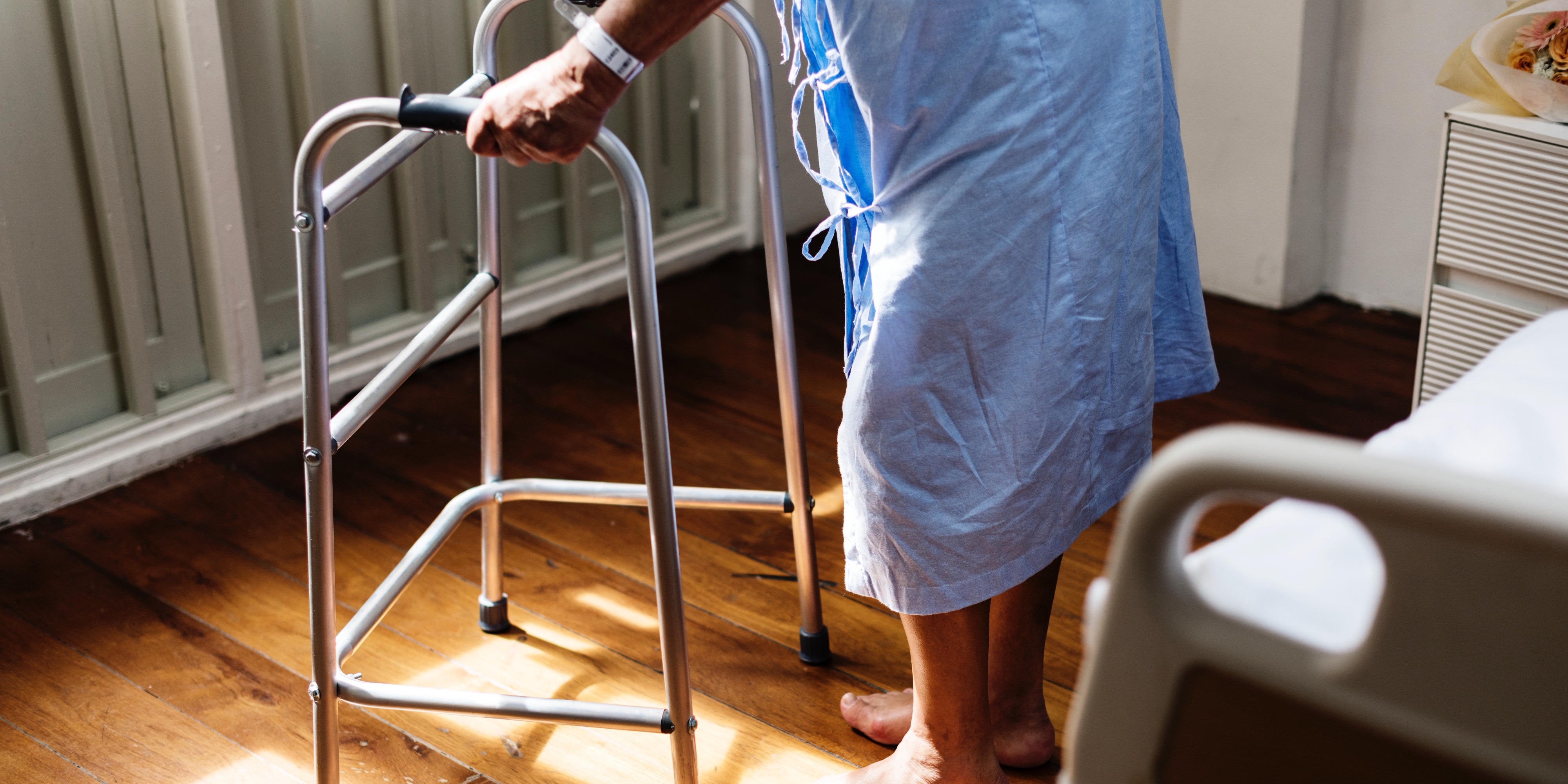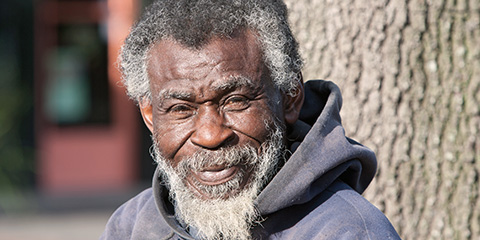News Archive
Research
-

An aging American population poses new health and social concerns as well as economic challenges. Could an innovative, cross-disciplinary approach be key to addressing these issues?
-

Even with new medical developments and more effective treatment options on the horizon, underserved communities are experiencing an uptick in stroke fatalities. Could social determinants of health be the cause?
When it comes to stroke prevention and reducing stroke fatalities, significant progress has been made to address the biological factors at play. However, after years of progress, the prevalence of strokes is actually on the rise within poorer minority communities.
-
 Addressing the High Rates of Adverse Birth Outcomes and Infant Mortality Among U.S.-Born Black Women
Addressing the High Rates of Adverse Birth Outcomes and Infant Mortality Among U.S.-Born Black WomenResearch has shown that pregnancy outcomes for African-American women lag behind those for other demographic groups. In order to close this gap, health care providers must recognize the impact of social determinants of health.
-

More than 280,000 Americans currently live in permanent supportive housing (PSH), and nearly half of those residents are over 50. As more Americans move into PSH, there is an increasing need to address aging in place. The study, funded by the National Institutes of Health (NIH) and the first of its kind, will be instrumental in developing a framework to match PSH residents with facilities that meet their needs as they age.
-

Suzanne Wenzel, Harmony Rhoades, Ben Henwood, and Eric Rice recently conducted a study to understand the changes that homeless adults in Los Angeles experience as they enter and live in permanent supportive housing (PSH).
-

April is National Minority Health Month, which calls attention to the health disparities that persist among racial and ethnic minorities in the United States. Community members, legislators and educators are encouraged to explore new ways to close these health care gaps and create positive change for the populations affected.
-

Many in the baby-boomer generation—known for ushering in an era of protests that brought about transformative change in American society—are increasingly turning to churches, temples and mosques to find meaning in their later years of life.
This is the major finding from the latest wave of data collected from the Longitudinal Study of Generations, which was originally developed in 1970 at USC by then-assistant professor Vern Bengtson.
-

Carl Hill, director of the National Institute on Aging (NIA) Office of Special Populations, spoke about the impact of mentorship on his research career and efforts to address health disparities at the 2018 Edward R. Roybal Memorial Lecture.
“The more that I age, the more that I think of all the people that helped me along the way,” Hill said. “My hope is to make them proud. Part of doing that is serving in my capacity in my role at the National Institute on Aging.”
-

One in five California high school students experience thoughts of suicide, with some schools having much higher rates of suicide ideation than others; researchers issue a call to action for increased focused interventions at the whole school and public policy levels.
A new large-scale study of suicide ideation among more than 750,000 students in California high schools suggests a pressing need for public health campaigns to reduce youth suicide and an emphasis on the role of schools in prevention programs.
-

Trying to keep your mind in tip-top shape? An expert tells us how you can fight brain decline by living an active and engaged life.